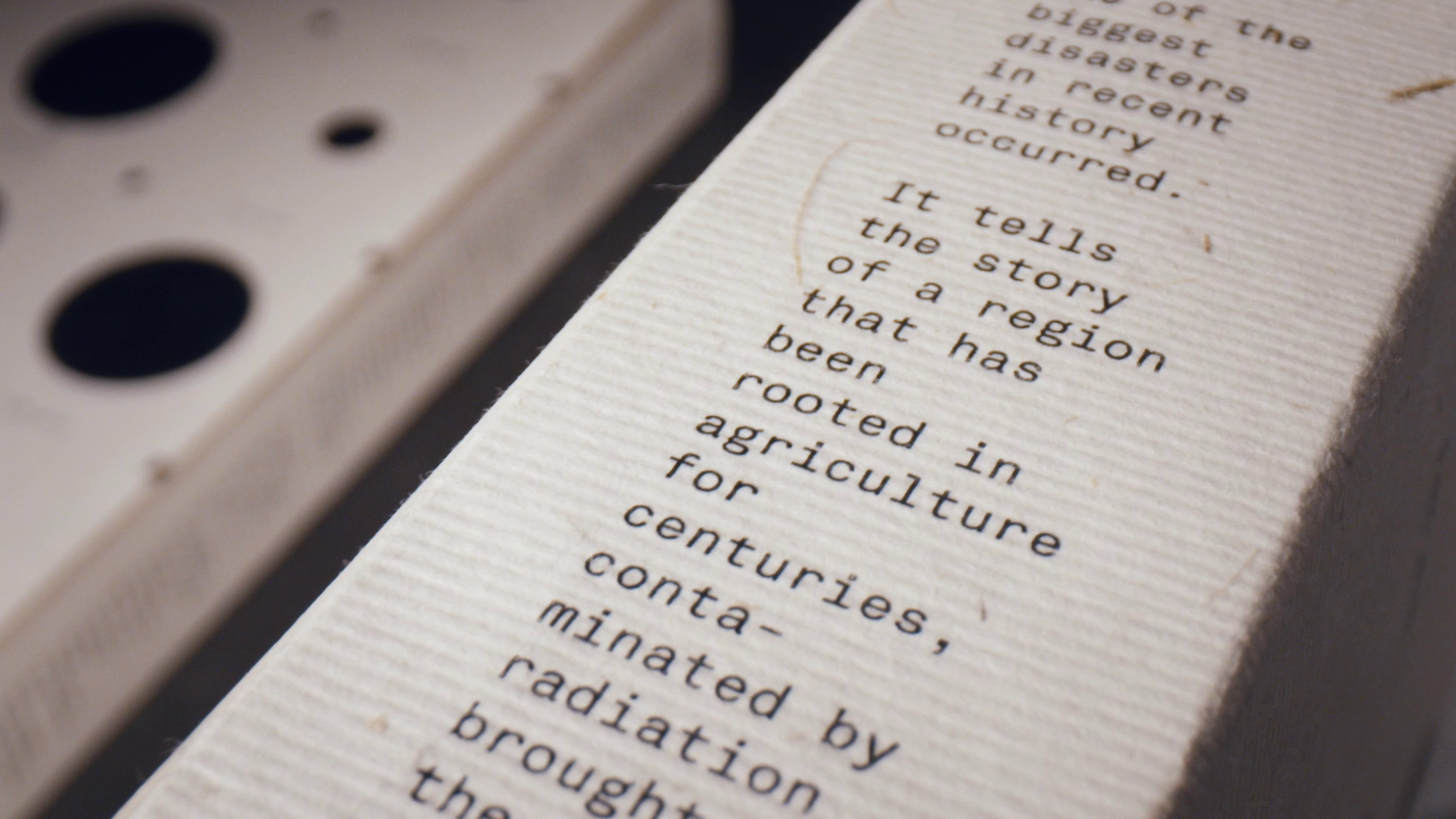
Made in Fukushima
After the 2011 Fukushima nuclear disaster, over 25,000 hectares of farmland were contaminated. Despite the scientific data proving that Fukushima rice is safe, the radioactive stigma remains.
Made in Fukushima is a book made out of the rice straw from the decontaminated fields of Fukushima.
It tells the story of the triple disaster, the recovery, the farmers, their products, and the stigma that remains. Through photography, interviews, background information, and most importantly, data visualisations it sheds light on the scientific truth - making it simple and tangible.
Paper Production
Each book contains 296 pages, made out of the rice straw—grown, harvested, dried, cleaned, cut and crafted into unique paper—from decontaminated fields in Fukushima. It was produced by paper makers from Fukushima together with Gmund Papier in Germany.
Photography
The journalistic photos in this book tell a story far beyond the data. They portray the lives and struggles of the Fukushima farmers in a way that no scientific report can relay.











Data Visualisation
The key objective of the book is to turn complex scientific data into understanding. All the data we used comes from various sources, official published ones, crowd/open sourced, and some of it we had to calculate ourselves. A generative tool was programmed to feed the data and create graphics. That allowed us to focus more on the stylisation.
The Book
Collaborators
METER Group, The University of Tokyo, Serviceplan Group, Nick Frank, Moby Digg Studio, Albert Coon and more.
Photo (L to R): Eduardo Alvarez, Saurabh Kakade, Nick Frank, Gabriela Baka, Christian Hertel, Franz Röppischer, Sebastian Haiss, Lorenz Langgartner, Maximilian Heitsch










